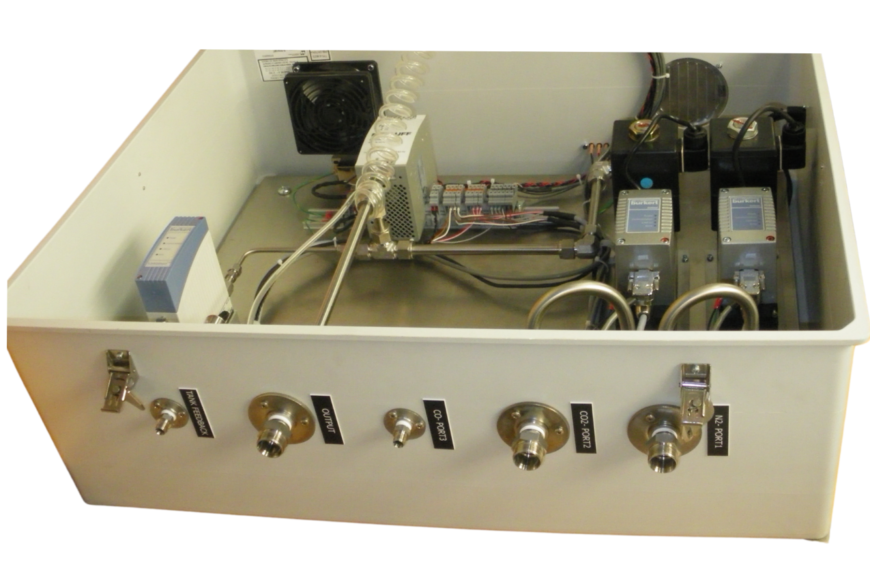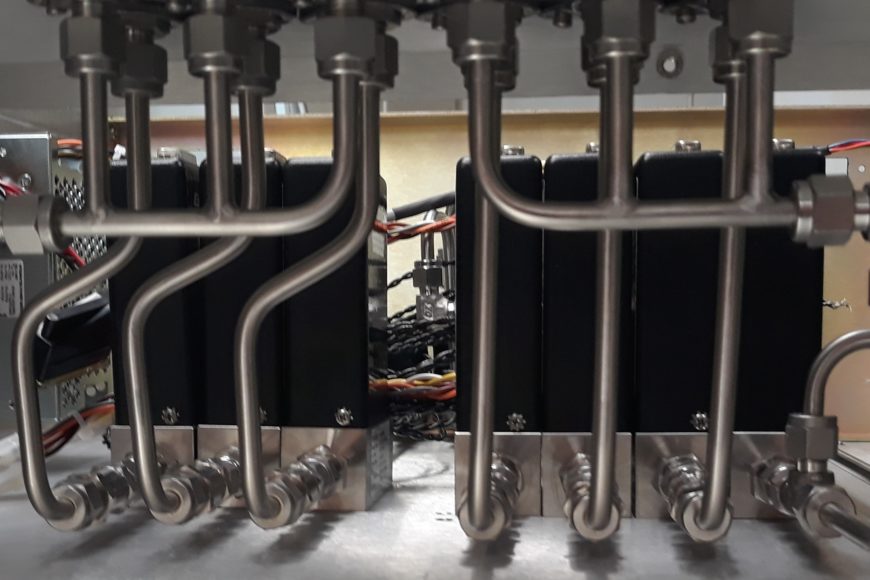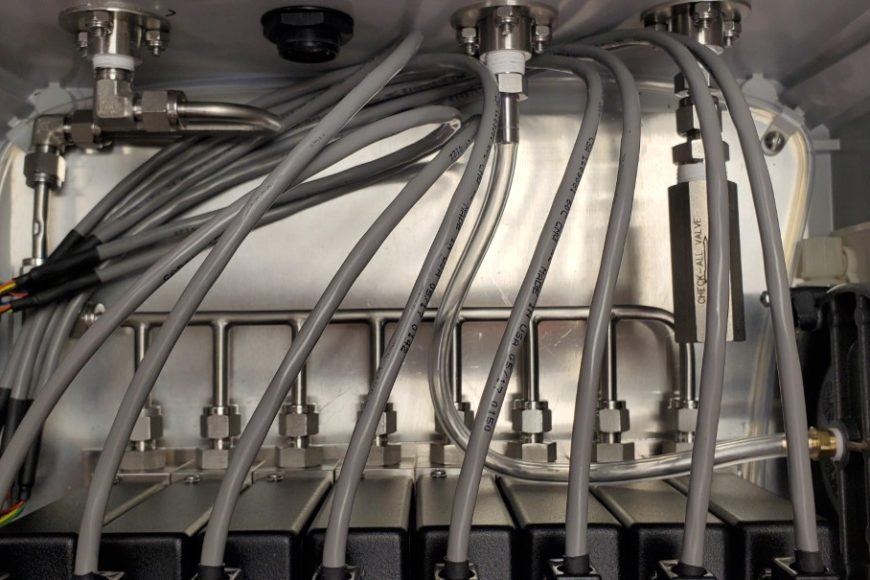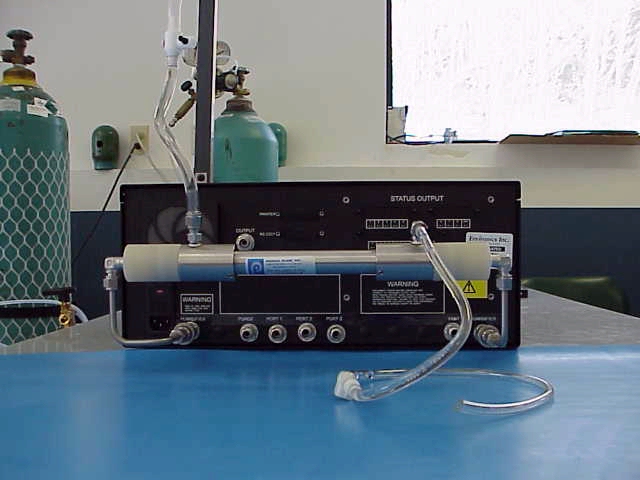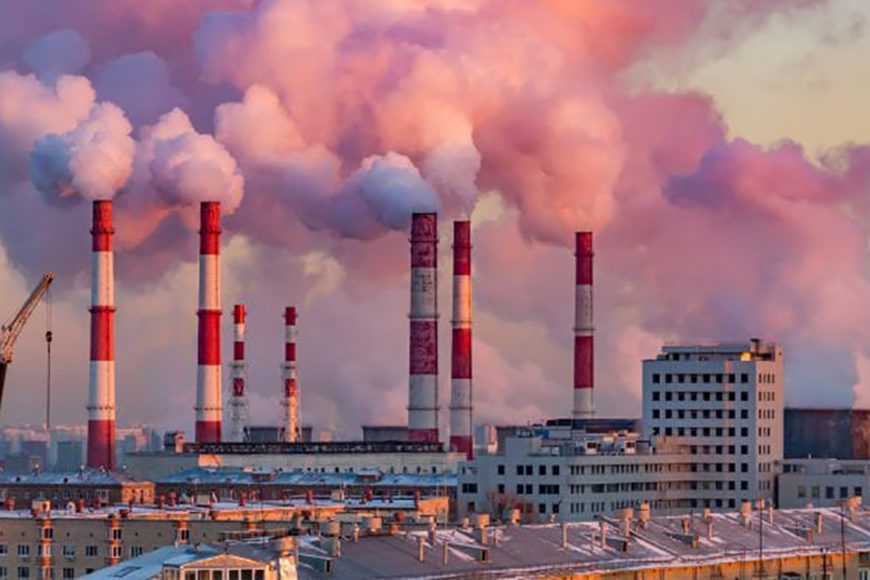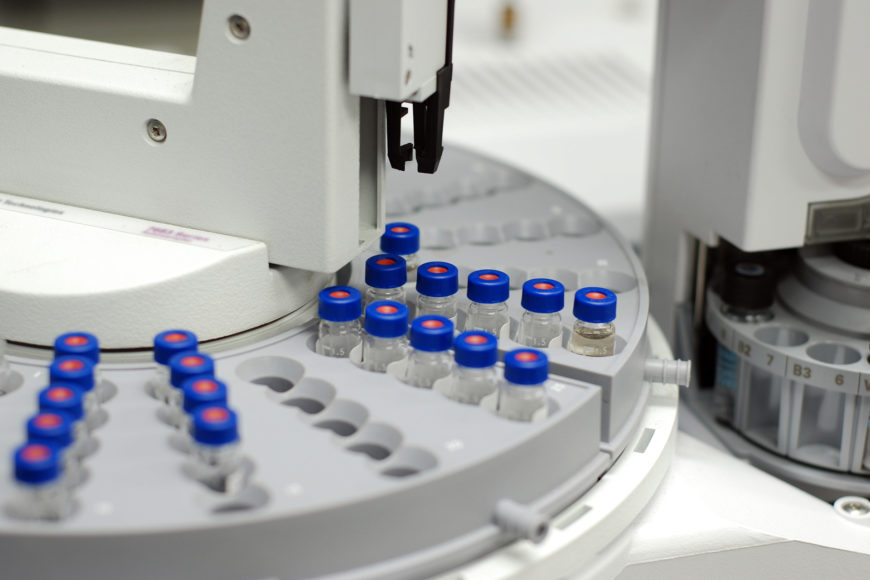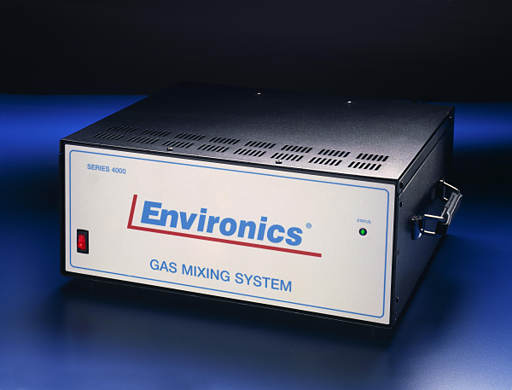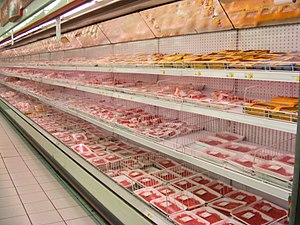Modified atmosphere packaging is used to either passively or actively monitor or alter the atmosphere which surrounds a product inside a package. Modified atmospheres are specifically created by modifying the natural composition and distribution of atmospheric gases within packaging to create optimal conditions for enhancing shelf life and minimizing the oxidation and spoilage of food
Read MoreHow Do Gas Blenders Work?
As the name might suggest, gas blenders are designed to mix different gases for academic, commercial, and industrial purposes. Sometimes referred to as blends, specific
Read MoreWhat is Gas Dilution?
In many industrial or research applications, gases need to be diluted from a high concentration to a variety of lower concentrations. A frequently used application
Read MoreWhat is Gas Humidification?
Gas humidification refers to the addition of water vapor to a gas flow to create a specific relative humidity (RH). Relative humidity is the ratio
Read MoreGlobal transit capacities enable the rapid transport of perishable goods and produce across the world, meaning that consumers can enjoy products many miles from their
Read MoreMulti-gas analyzers are a very important part of ambient monitoring, where low-level concentrations of certain species can have a dramatic impact on air quality. They
Read MoreGas chromatography, often abbreviated to GC, is a staple analytical tool in all manner of quality control and research facilities. It is used to detect
Read MoreUltra-high-purity gas mixing and blending is vital to an extremely broad cross-section of market areas. Although it sounds simple enough, there is more to gas
Read More(more…)
Read MoreAir Pollution : Ammonia and Hydrogen Sulfide and Ambient Calibration
The most common air pollutants include carbon monoxide, ground level ozone, nitrogen oxides, particulate matter, sulfur oxides, and volatile organic compounds. There are other pollutants that are important both due to their impact on the environment and on public health. We will take a look at two such pollutants, ammonia and hydrogen sulfide. (more…)
Read More
